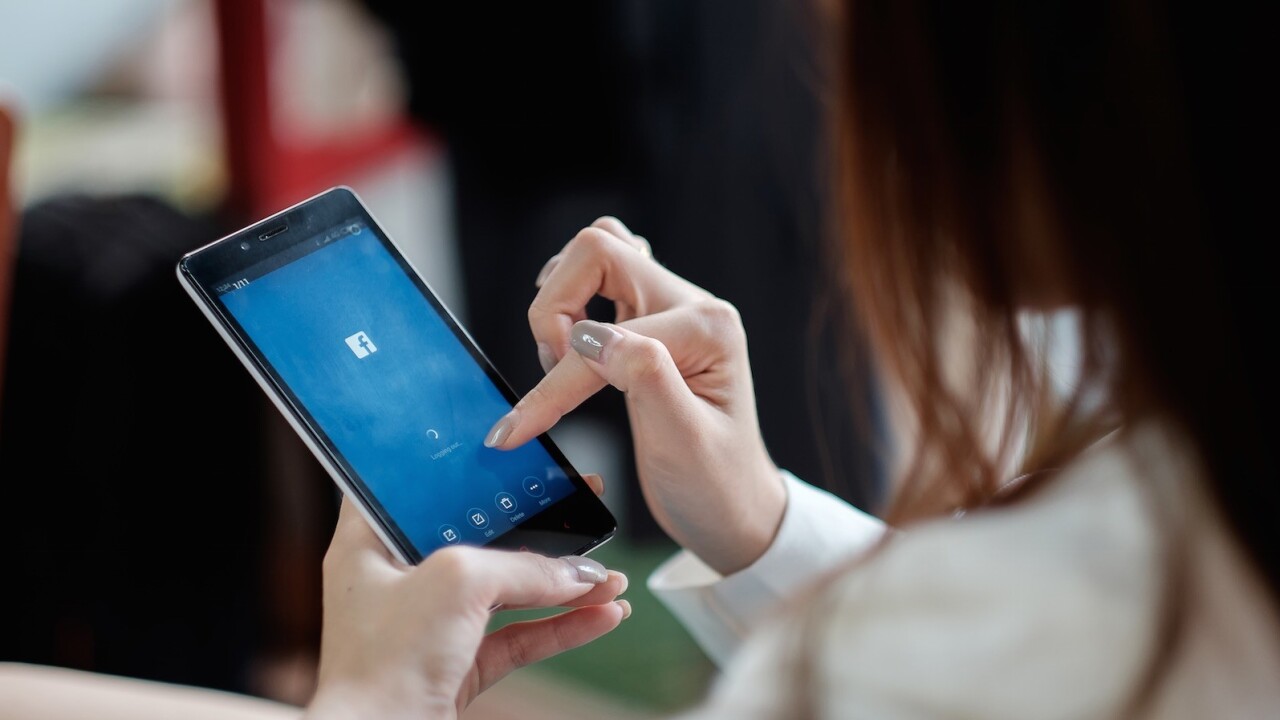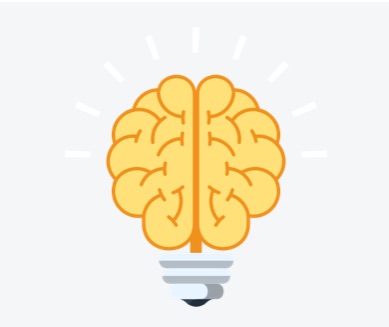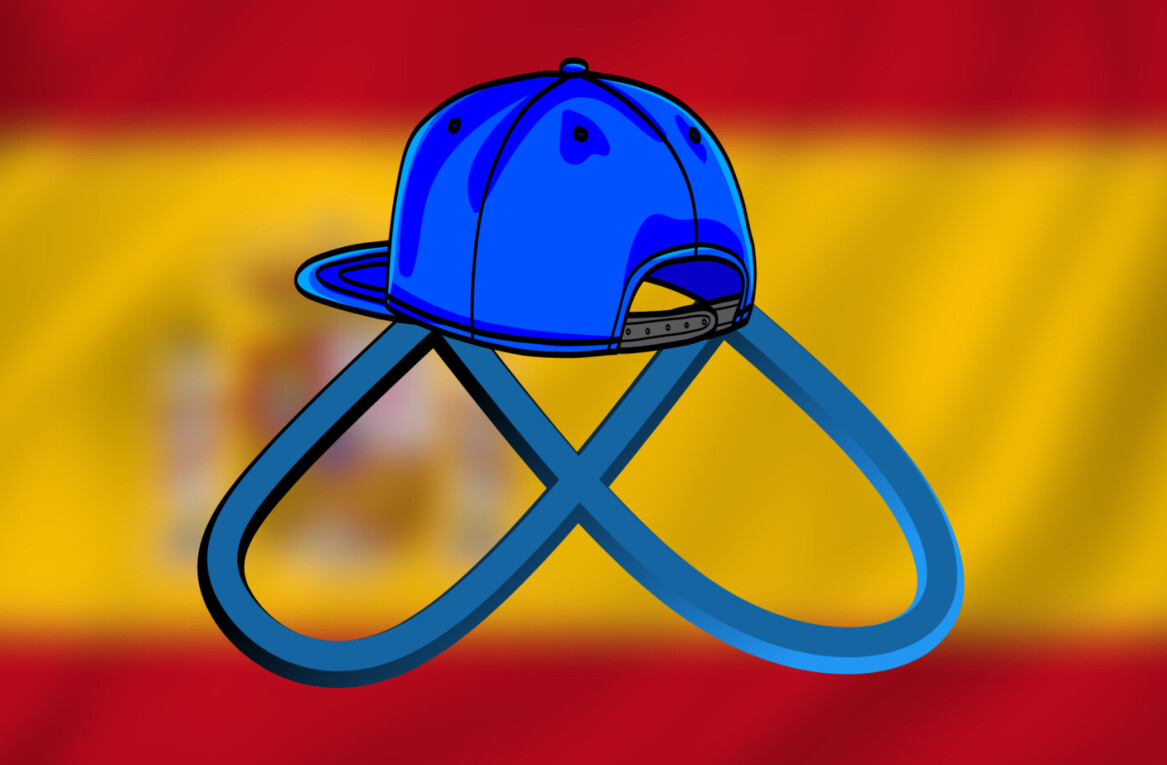
Why do we drop stuff that we need to finish in order to start other things – even when we know that we shouldn’t be switching back and forth on our to-do list (or worse, between our to-do’s and Facebook?)
It’s one of the mysteries of modern office life. Since we at MeisterTask are building an app to keep people on task, I felt like I should understand multitasking.
It turns out that there’s not a lot of research on it. There is plenty of scientific work on how long it takes before we can concentrate again after being interrupted (almost 15 minutes!).
But it’s only in the last few years that scientists have tried to answer the question: why do we multitask, and how bad is it?
Well, it’s really, really bad, as scientists discovered when they outfitted computers of a study room of the university with a task tracker. This gave them an unfiltered image of what students were doing with their time.
From earlier research, we know that students estimate that they can concentrate on their work for about five minutes at a time. If a five minute attention span seems awfully short, the experiment described above showed that in reality students on average concentrate on a task for about… 31 seconds.
Here is the typical pattern of a student who is supposed to be studying but gets distracted all the time. In blue, we see schoolwork. In red, Facebook and other social media. Does this look familiar?
It’s not that students don’t want to study. School-related stuff really does take up a lot of this student’s time. But students just can’t resist the temptation to check Facebook, or as the researchers put it: “Facebook use is a key contributor to and initiator of task switching and multitasking behavior.”
Your brain wants to check Facebook every 31 seconds, even though it knows that it shouldn’t. Which leads to the question: can you stop your brain from wanting to check social media?
Fortunately, yes. Here are five scientific insights about multitasking that will help you stay on task longer—and finish your to-do list on time:
Hack your own laziness: make it a tiny bit harder to access Facebook and other distractions
It might surprise you to learn that despite the above image that looks like it could be a message in Morse code, people actually try to avoid task switching.
Offered the possibility of dropping what we are doing and switching to something new, we usually (60 percent of the cases) stick with what we’re doing. Only in 40 percent of the cases do we actually switch to a new “task”.
Switching to another activity takes effort, and apparently humans are so lazy that we tend to avoid this effort.

Meaning perhaps you should make it a tiny bit more difficult to click to Facebook and install one of those Facebook blockers in your browser. Congratulations, you are now using your own laziness to stay on task!
Start with the hard stuff
We also tend to stay longer with a task if it’s difficult. That’s because we know that difficult work requires our creativity and is fragile.
In a famous blog post a few years ago, blogger Swizec Teller wrote: “working on large abstract systems involves fitting the whole thing into your mind—like constructing a house out of expensive crystal glass. And as soon as someone distracts you, it comes barreling down and shatters into a thousand pieces.”
It seems, then, that you should do everything to get rolling on difficult tasks. Maybe by putting a little note on your screen that says “start on difficult stuff.” Whatever it takes to get started.
Try to feel excited about the tasks you need to finish
While you’re at it, try your best to be engaged by your work. Our need for excitement can trump even our laziness, say scientists.
Take coding or blogging: finishing a feature or writing a blog post can be really hard and difficult work. But not many people are tempted to stop coding to start doing their dishes. Doing the dishes might be easier, but it’s also less exciting than coding.
Finding something engaging in your work is a good way to prevent yourself from switching to other, easier stuff, like mindlessly scrolling through three weeks’ worth of Instagram pictures.
Think consciously about what your priorities are
Be aware that research shows that once you do start scrolling mindlessly on Instagram, it’s hard to break away from it. Even to handle stuff that you know has priority over Instagram – like that Friday deadline. Unfortunately the human brain does not seem to be wired to correctly identify and act on Friday deadlines (that’s still days away!).
As numerous traffic accidents show, people will not start paying attention to the road once they are absorbed by their instant messenger, even though road safety is obviously more important than whatever text they are writing.
But our brain does become more focused if we can bring ourselves to start working on that job that needs to be finished by Friday. Apparently, we will be less likely to stop working on a priority to mindlessly scroll through Instagram.
The trick seems to be to get yourself kickstarted on priorities, and to keep distractions at bay.
Disable distracting notifications on your apps, especially if they go “ding”
Which leads us to the biggest, most important finding of multitasking research: notifications can be a blessing, but also a curse.
Here are the facts: adding a visual reminder to a task increases the chances that you will switch to this task by 30 percent. If the reminder also says “ding,” “ping,” or “chirp” it becomes even more effective at catching your attention: add another 12 percent to the chance you will switch tasks.
This is great if you need to be reminded of priorities and important tasks; less so if it’s to announce that your best friend posted a picture of his lunch on Instagram.
Be extremely selective about which applications you turn notifications on – and whether they can send you a sound to go with it. Your brain will thank you.
Read Next: 7 truths about the mind you missed in psychology class
Image credits: Shutterstock
Get the TNW newsletter
Get the most important tech news in your inbox each week.








